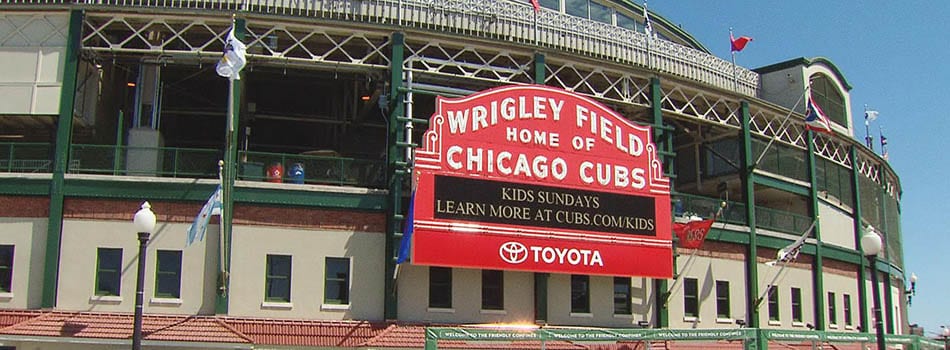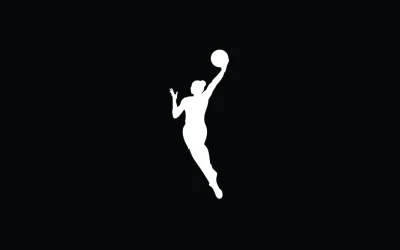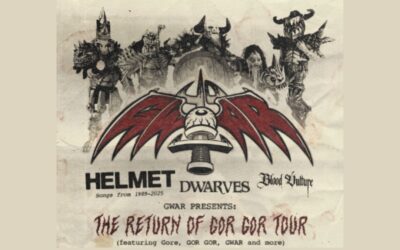A proposed increase to the tax charged on tickets sold for concerts at venues seating over 1,500 people in the city of Chicago is meeting some stiff resistance from an unlikely source – professional sports teams. All five of the “second city” franchises oppose the measure, which would raise the Chicago Amusement Tax from 6.5 percent to 10.5 percent.
“Chicago stands alone for many reasons that we can be proud of – but having the highest amusement taxes for fans attending sports and concerts in the United States should not be one of them,” the Cubs said in an open letter to fans. “It will cost you, the music fan, more money. By driving this tax to one of the highest in the country, Chicago will lose concerts.”
Sporting events already pay a higher tax rate, currently 9 percent, according to a breakdown on NBCChicago.com. The proposal addresses the fact that a concert held at a stadium on a Tuesday being charged a four percent lower tax rate than a sporting event in the same venue on a Monday “doesn’t really make sense.”
“This proposal would ensure that ticketed events at the stadiums are all taxed at the exact same rate,” mayor’s office spokesman Adam Collins says.
Venues below the 1,500 seat line are in favor of the tax hike, hoping to reap the benefits of selling acts on the lower percentage taken by the city on events in more intimate spaces. As it currently stands, venues with more than 750 capacity are subject to the current tax rate. But this update would move that number to 1,500.
“The Chicago Mayor’s Office is leveling the playing field for Chicago’s community theater groups and live music venues with changes to the amusement tax,” Metro Chicago’s Joe Shanahan said in a statement. “This is an incredibly encouraging development in regards to an issue that has been in discussion for over a decade.”
That sporting venues are interested in keeping a lower tax rate for concert events is actually logical – even if Wrigley Field sells out 82 times a year, that leaves nearly 300 off-days that could be filled with any number of musical acts, such as Billy Joel’s summer stop at the storied ballpark, or year-round arena shows at the Bulls’ United Center location.
The office of Mayor Rahm Emanuel estimates the change in amusement tax formulas will net the city $15.8 million in revenue in 2018.




